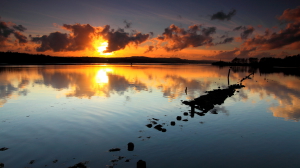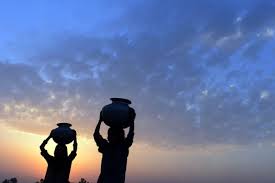The sun had just gone down for the evening, it seemed, when it was time for Assétou to wake up and prepare for the two-mile long trek to the nearest stream. She needed to fetch water for the family before her husband and children awoke, returning by sunrise to begin the rest of the day’s work.
Currently, over 700 million people, more than 10 percent of the world’s population, lack access to safe water; more than half of these individuals are women and girls. Daily, they are responsible for collecting water for drinking, cooking, cleaning, hygiene, and sanitation. The huge burden of fetching water hinders women and girls’ participation in activities such as education, politics, business, and recreation.
Collecting water is often the most time-consuming and most important daily activity for women and young girls in developing countries. It has been estimated that women in Sahel Africa spend over 35 billion hours annually fetching and carrying water from sources (that may not provide clean water) far from home. The time spent collecting water makes it difficult for women to focus on other economic activities and for young girls to attend school. The weight of the water they carry also exposes them to a greater risk of malnutrition, back problems, and anemia. They expend immense amounts of energy and often do not have enough food to replenish their weary bodies, which is especially dangerous for pregnant women.
But remember there is A SOLUTION….
ONE WELL PER VILLAGE
We believe people, not water, can change everything! When you sponsor Well Drilling Project in Burkina Faso, Africa you’ll unlock the potential of an entire community.



